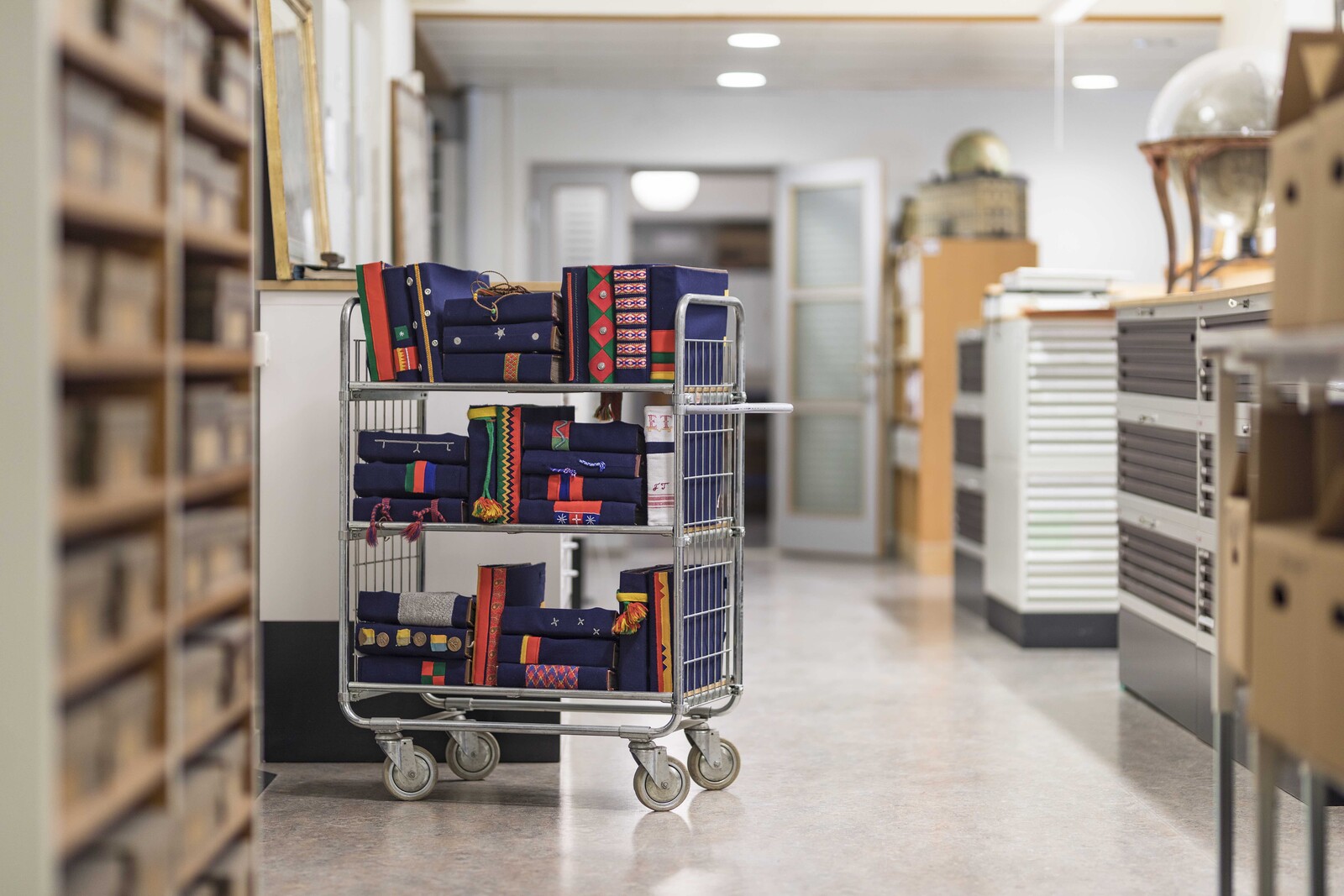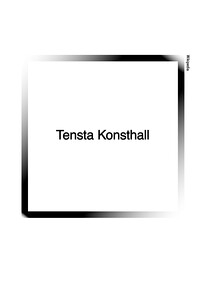March 19–August 28, 2022
Participating artists: Brook Andrew, DAAR Sandi Hilal & Alessandro Petti, Jeannette Ehlers & La Vaughn Belle, FCNN, Edi Hila, Patricia Kaersenhout, Manjot Kaur, Taus Makhacheva, CATPC & Renzo Martens, Rabih Mroué, Otobong Nkanga, Katarina Pirak Sikku and Jonas Staal
The exhibition has its origins in Palestine and in a close working relationship between Charles Esche, director of Van Abbemuseum, and the artists/architects Sandi Hilal and Alessandro Petti. In Refugee Heritage, Hilal and Petti speculate on what would happen if the Dheisheh refugee camp in Palestine was designated a UNESCO World Heritage Site and afforded the same status as the Pyramids of Giza or Royal European Castles. The installation makes reference to the camp and its relations with the Palestinian villages from which people were driven out in 1948. Dheisheh camp, created in 1949, can be understood as a permanently temporary society within a stateless nation, existing both in adherence and in contradiction to the UN regulations. By proposing the camp as something to preserve and nurture, the conditions for becoming a world heritage site are shifted for a moment and the question of what should happen to the material history of colonial occupations is raised again in the context of Palestine. Can exile and migration take us towards a different understanding beyond the heritage of the nation state? How can the understanding of cultural heritage be decolonized by societies and organizations shaped by European knowledge systems?
From these central questions, the exhibition contains a series of works that present concrete proposals for how new cultural heritage can be imagined. They shift, twist and turn existing perceptions of how the presence of the past works in our time, or might do so in the future. Works address historical colonial exploitation, inequality and the devastation caused by global capitalism. There is a focus on Scandinavia with Katarina Pirak Sikku’s healing treatment of Sweden’s racist archives of Samí people; FCNN’s feminist broadcasts and Jeannette Ehlers & La Vaughn Belle’s VR version of their I am Queen Mary monument. Manjot Kauraddresses polytheist religion as an immaterial heritage, looking to the divine roles given to gods as a way to speak about the ecological healing that will be necessary for life to continue on earth; Jonas Staal’s images from Rojava document the process to establish democratic confederalism in the Kurdish area of North Syria while Taus Makhacheva’s video embodies the paradoxical act at the heart of hurting and healing, exposing and rescuing painterly heritage on the mountaintops of the Caucasus Mountains. Otobong Nkanga’s Landversations drawings have inspired the Konsthall to invite local activists and experts working on Sweden’s internal colonialism to her table. They discuss land exploitation, indigenous rights and the (agri)cultures of migration. Other works by CATPC, Patricia Kaersenhout and Brook Andrew seek to mitigate the arrogance of white colonialism across the globe from Africa to America and Australia.
In connection with the exhibition, a number of activities and programs will be arranged that contextualise the subject during the summer of 2022, including our anti-racist reading circle for young people with Shahram Khosravi (Stockholm University), Sonic Insurrections, two events curated by Tawanda Appiah and Mmabatho Thobejane with a focus on sound as a cultural heritage, and the series “Another look at….” where we visit a number of places and objects that carry different colonial stories from Michael Barrett (National Museums of World Culture), Hanni Kamaly (artist, Malmö), Mårten Snickare (Accelerator) and Katarina Pirak Sikku (artist, Jokkmokk) among others. See website and social media for more information.
The exhibition is curated by Charles Esche together with Susanne Ewerlöf and Cecilia Widenheim and produced in close collaboration with the Van Abbemuseum, with generous support of the Mondriaan Fund, the Delegation of Flanders in the Nordic Countries and the Embassy of Belgium.
The programme is developed together with The Royal Institute of Art, Accelerator / Stockholm University, The Nordic Art Association, Tensta Library, FastMarkRentVattenLevandeKulturarv, Fältbiologerna and Orten Odlar.

